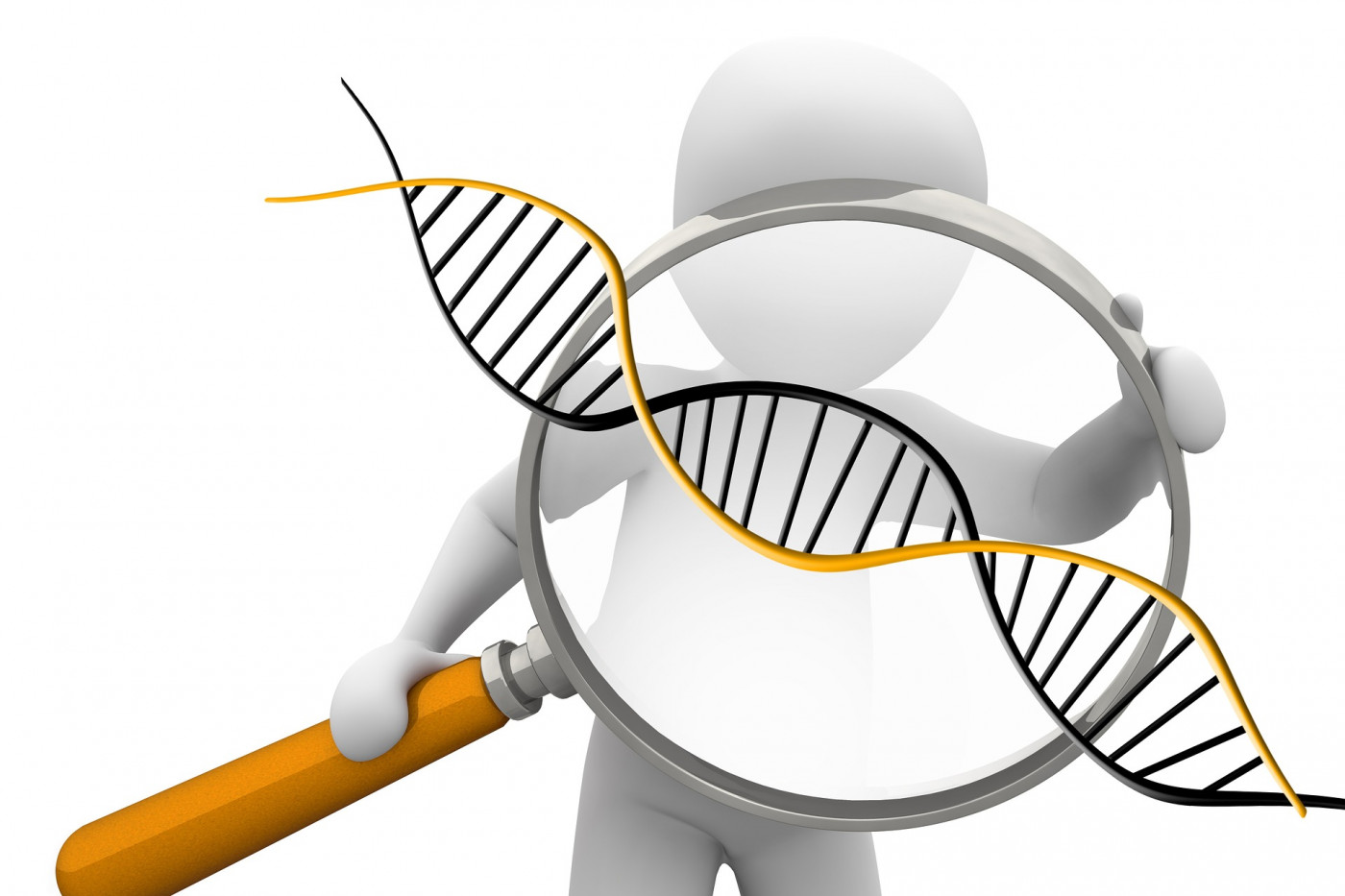Freeline’s Gene Therapy for Hemophilia B Is Promising, Phase 1/2 Data Show
Written by |

Data from the first two patients treated with FLT180a, Freeline’s single-infusion gene therapy for patients with hemophilia B, showed a rise in levels of clotting factor IX to 40%, with levels remaining stable for over a year.
Pratima Chowdary, principal investigator for the FLT180a program, presented the data at the joint 10th BIC and the 3rd Inhibitor International Conferences, held Sept. 6–8 in Genoa, Italy.
The presentation was titled “B-AMAZE, a Phase 1/2 trial of a novel investigational adeno associated virus (AAV) gene therapy (FLT180a) in subjects with severe or moderately severe hemophilia B (HB).”
FLT180a is Freeline’s gene therapy program for hemophilia B. The experimental therapy uses a harmless adeno-associated virus (AAV) capsid, or protein shell, to deliver a functional version of human clotting factor IX (FIX), whose low levels are the cause of hemophilia B.
Freeline’s proprietary capsid, AAVS3, was designed to target the liver with high efficiency, offering a durable secretion of FIX into the patient’s blood.
The ongoing Phase 1/2 B-AMAZE (NCT03369444) trial, taking place in the United Kingdom in collaboration with the University College, London, is assessing the safety and efficacy of three escalating doses of FLT180a, delivered a single time by injection, in patients with moderate to severe hemophilia B.
Data from the first cohort of two patients treated with the lowest study dose (4.5×1011 vector genomes/kg body weight) showed that the therapy was well-tolerated without signs of infusion- related reactions.
The levels of FIX rose to 40%, plus or minus 5.5%, 66 and 74 weeks after infusion, and have remained stable for over 74 weeks after infusion without evidence of liver inflammation, as shown by the lack of an increase in liver enzymes, called transaminases, in patients’ blood.
Both patients remained free of spontaneous bleeding episodes and have not required replacement FIX therapies.
“The data is encouraging, showing durability of clinical results for FLT-180a. We are currently progressing the study to identify a dose level that leads to normalization of FIX activity levels with minimal or no toxicity,” Chowdary said in a press release.
Freeline recently launched a second gene therapy program, called FLT210, for patients with hemophilia A. The therapy, currently in preclinical testing, also uses the proprietary AAVS3 capsid to deliver the human functional gene for factor VIII.


